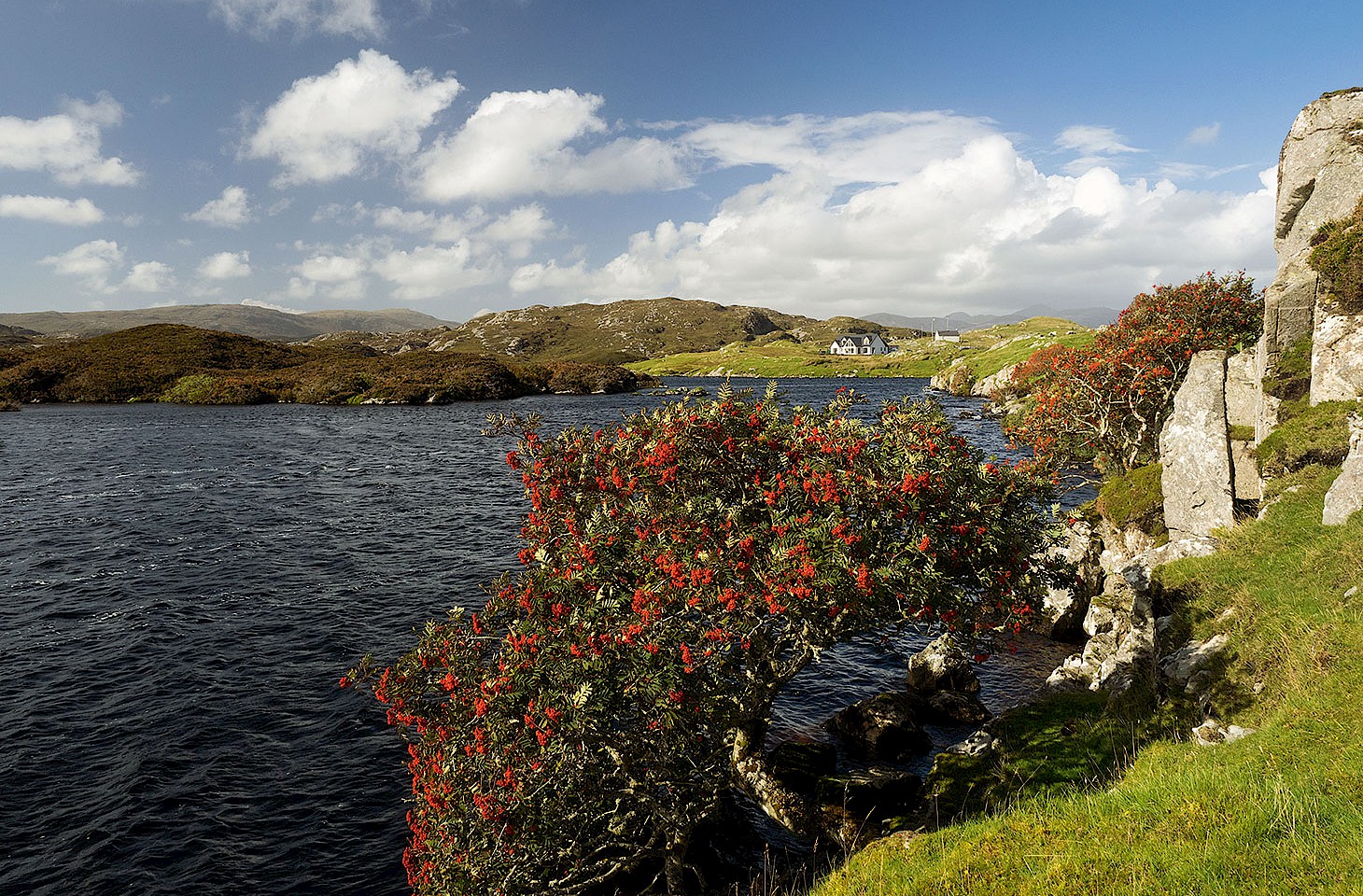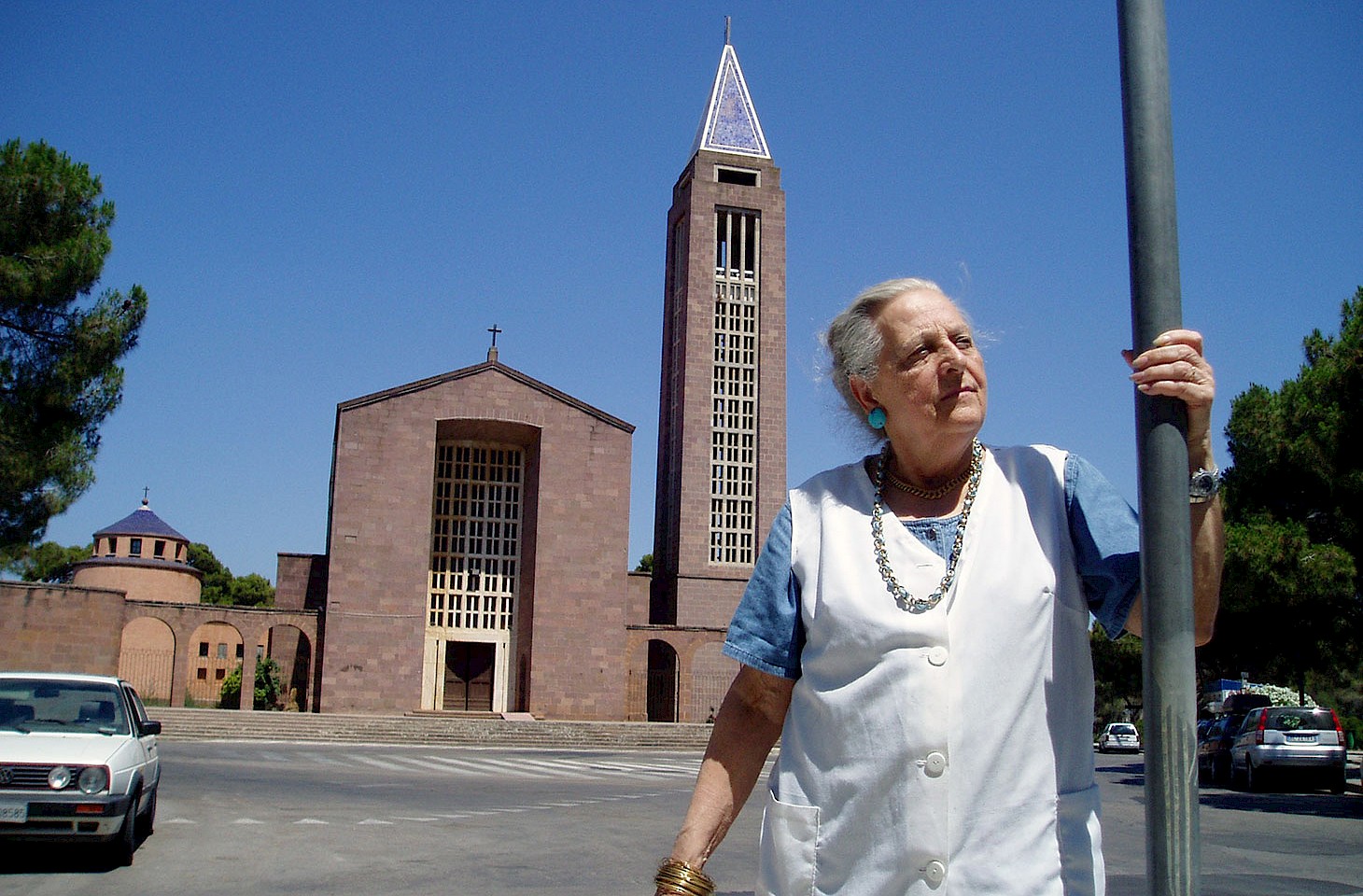Dear fellow travellers
A half hour's drive from the hustle and bustle of crowded Istanbul, on the Asian side of the Bosphorus, is the remarkable village of Polonezköy, an improbable outpost of Poland in the heart of Turkey. For a hundred and fifty years, this has been a place of orchards, wooden houses and pig rearing. Nowadays, it has become rather chic, a popular weekend excursion destination for Turkish urbanites who fancy the frisson of seeing pork on a menu. Originally the place was called Adampol, named after Prince Adam Czartorisky who petitioned the Ottoman government to provide a safe haven for Poles fleeing conscription into the Russian army. Those first Polish settlers may have preferred the name Adampol, but all the Turks in the vicinity simply called the community 'the Polish village' (Polonezköy), and that's the name that has stuck. A nice example of the principle that villages so often get named by outsiders rather than by those who inhabit the place in question.
The Black Sea region bristles with diaspora curiosities, and, in an earlier issue of hidden europe magazine (in July 2005), we explored Estonian villages in the breakaway province of Abkhazia in northwest Georgia. In the upcoming issue of the magazine, due out on 3 May, we feature an intriguing village in the southern Ukraine with Swedish origins. Gammalsvenskby is a name that simply means 'Old Swedish Town'. It is an out of the way spot on the north bank of the Dnepr river. Gammalsvenskby boasts dusty roads, geese that wander at will, a fine Swedish Lutheran church, latterly embellished by a typical Orthodox dome, and a small aging population of Swedish speakers. Read more on this extraordinary community in hidden europe 8.
United Nations Buses and Trains
The Inguri River marks the cease fire line in the zone of conflict between Georgian and Abkhaz forces. Rukhi is the last village in Georgian controlled territory. From there it is just a couple of kilometres through war-scarred terrain to the bridge over the Inguri. Travellers wanting to enter Abkhazia have always had to struggle on foot over the concrete and metal bridge, but now things are much improved. Many of the local population regularly need to cross the Inguri, and the United Nations Observer Mission in Georgia (UNOMIG) last month launched a free shuttle bus service that transports civilians in modest comfort and safety across the Inguri river.
In the May issue of hidden europe we report on another region where the United Nations sponsors transport on humanitarian grounds. In Kosovo, the Italian peacekeeping forces organise the Freedom of Movement train that provides safe transport across the territory's ethnic divides. We examine the modern UN train in Kosovo, and recall night time journeys of yesteryear through Kosovo on the old Akropolis Express.
hidden europe 8 preview
May's hidden europe marks the thirtieth anniversary of the death of Oskar Brüsewitz by self immolation in a square in the town of Zeitz in eastern Germany. No easy read, this account of life and death in the German Democratic Republic. In lighter vein, with the upcoming World Cup in mind, we have football tales from Azerbaijan and Ireland - in the latter case reporting on a soccer match that took place on a sandbank that lies by the curiously uncharted frontier between the Republic of Ireland and Northern Ireland in Lough Foyle. We visit the dentist in Sopron in Hungary, have a chance encounter with a renowned architect in Wales, and visit Tuscany, southern Macedonia and a place called Philadelphia - but not the one across the Atlantic!
Orders for hidden europe 8 placed by Wednesday 26 April will secure delivery to most European addresses by publication day. The full table of contents for this upcoming issue will be available online from Monday 24 April. Visit our webpage for further details on subscriptions and the purchase of single issues.



